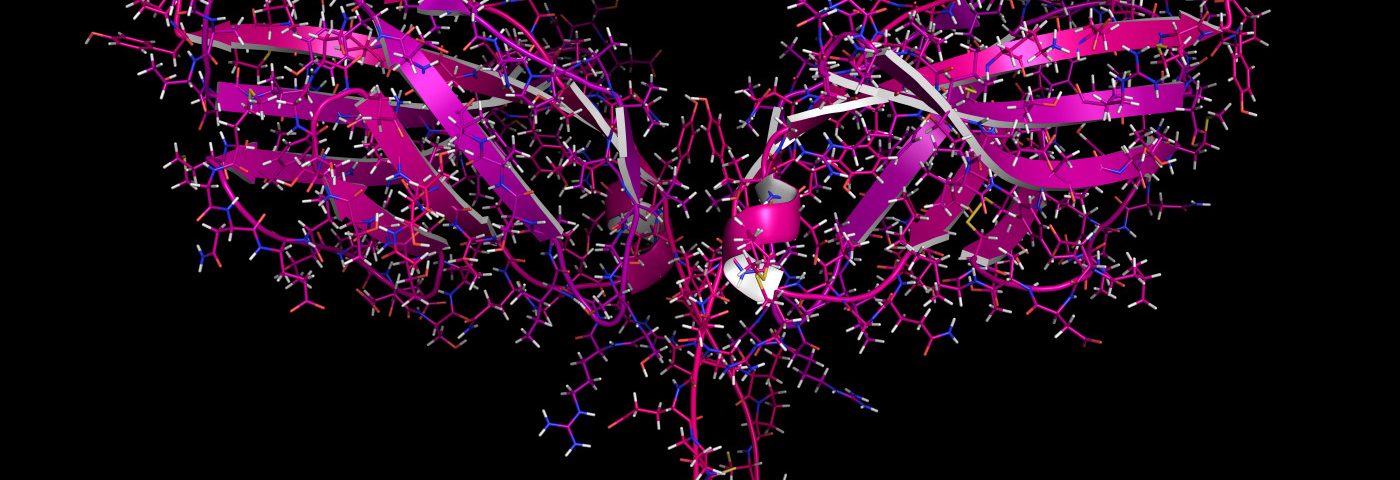A newly developed two-pronged antibody is 100 times more effective at destroying ovarian cancer cells than other antibodies in clinical trials, according to researchers at the University of Virginia School of Medicine.
Their study, “A Single-Agent Dual-Specificity Targeting of FOLR1 and DR5 as an Effective Strategy for Ovarian Cancer,” was published in the journal Cancer Cell.
Antibodies that selectively target and eliminate cancer cells have been gaining traction in the research world in recent decades. These antibodies are targeted toward specific receptors (proteins) that are displayed on the surface of tumor cells.
However, antibodies designed to target receptors on ovarian cancer cells such as the folate receptor alpha-1 (FOLR1) and cancer antigen 125 (Ca125) have largely been disappointing in clinical trials.
One of the reason why the clinical response has not been beneficial is because the immune cells have a hard time infiltrating into the tumor environment.
“I found that one of the problems is with the solid tumor microenvironment,” Jogender Tushir-Singh, corresponding author of the study, said in a UVA news story by Josh Barney.
“The microenvironment is highly hypoxic, anergic and, particularly in the case of ovarian cancer, some unusually large receptors form a protective fence around tumor cells, so even if the immune cells reach there, there are many obstacles,” he added.
Interestingly, results from a clinical trial showed that an antibody called farletuzumab that targets FOLR1 led to better survival rates in a small group of patients who had low levels of Ca125.
This led researchers to hypothesize that designing an antibody that attacks multiple parts of a tumor may help improve clinical responses.
Researchers, therefore, developed a two-pronged antibody that not only targets FOLR1 but also targets death receptor 5 (DR5), which is a receptor present on ovarian cancer cells that mediates cell death.
Results indicated that the new two-pronged antibody was capable of inducing more than 100 times higher tumor cell death compared to other currently available antibodies.
Researchers write that co-targeting these two receptors by a single-agent antibody “compensates each other’s limitations to promote [ovarian cancer]-specific anti-tumor activity.”
Additionally, this new two-pronged antibody is actually safer for the patient.
“Liver toxicity has been the biggest problem for a lot of antibodies — they are taken out of the blood too fast and accumulate where not needed,” explains Tushir-Singh. “But by providing a good home for the antibodies in the tumor, we are keeping these antibodies away from the liver.”
Despite the early stage of this new advanced antibody therapy, researchers hope to one day advance it into clinical trials. The progress, however, depends on funding for additional research and for an investigational new drug filing with the U.S. Food and Drug Administration.
“I strongly believe, and with my own experience while working in the pharmaceutical industry, that this advancement will allow us to rescue and give a second lease on life to a lot of antibodies that have failed in the clinic,” Tushir-Singh said.
“This is all based on a large amount of clinical data, and we have strategically exploited this information to improve the therapeutic efficacy against ovarian cancer,” he added.

